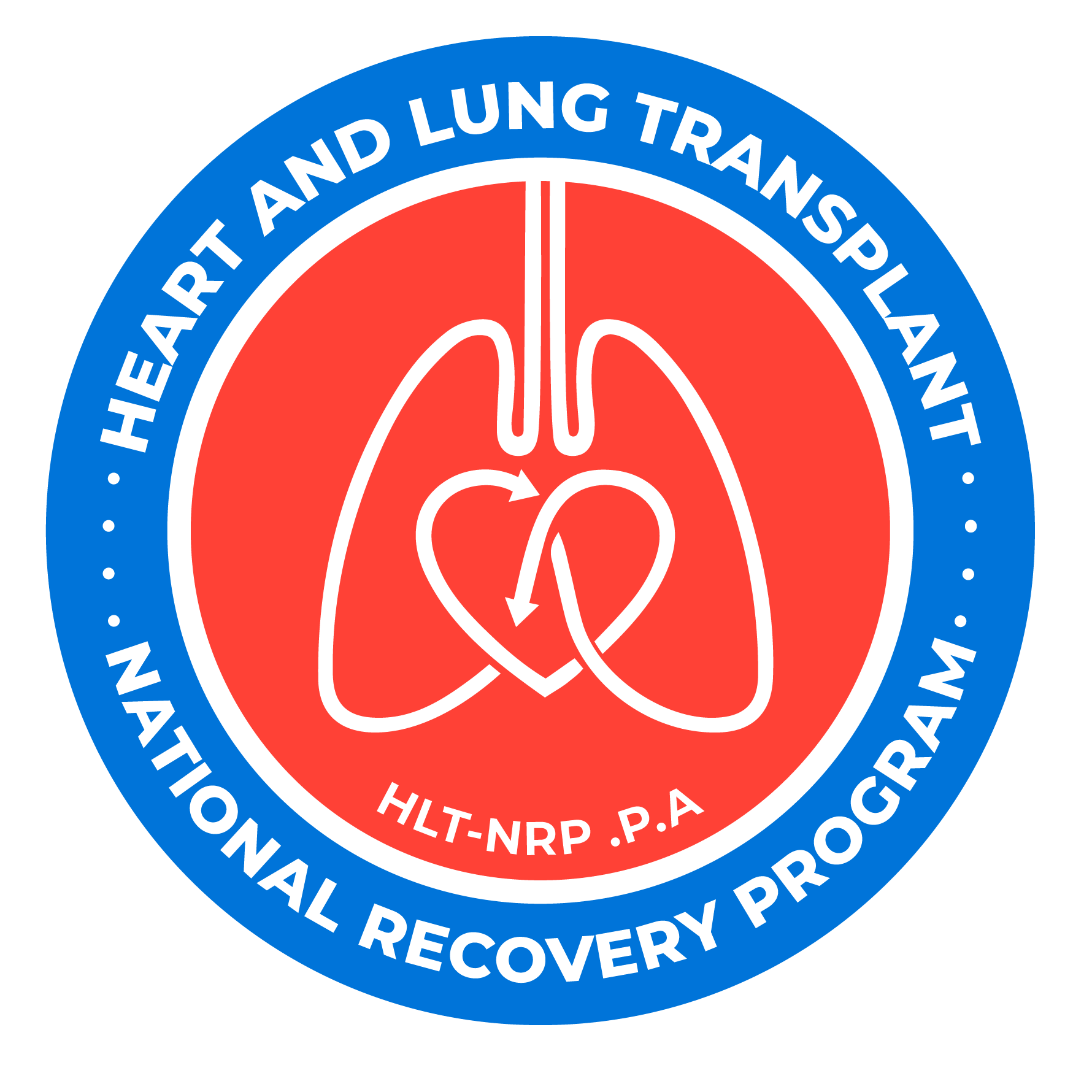Heart and Lung Transplant National Recovery Program
LOCATION ADDRESS :
14286 Beach Blvd STE 19, Jacksonville Beach, FL 32250
FAQ's
Frequently asked questions
Organ donation is a selfless act that can save the lives of many individuals suffering from organ failure. It is a noble act that requires the consent of the donor or their family. Frequently asked questions include:
Who can donate the heart and lungs?
Anyone can be a potential donor, regardless of their age, gender, or race. However, certain factors may affect the suitability of the organs for transplantation. For instance, the organs should be healthy and functional, without any underlying medical conditions that may hinder their successful transplant. Additionally, the donor and the recipient should be compatible in terms of blood and tissue type to reduce the risk of organ rejection.
Who can receive the heart or lungs?
Heart and lung transplants are typically performed on individuals who have suffered severe organ damage or failure. Common conditions that may necessitate heart or lung transplant include congestive heart failure, pulmonary hypertension, cystic fibrosis, or emphysema. Eligibility for transplant is determined through medical evaluations that consider factors such as age, overall health, and severity of the condition.
What happens after organ donation?
After a heart or lung donation, the organs are surgically removed from the donor’s body and immediately transported to the recipient’s hospital. The transplant is usually performed as soon as possible to ensure the highest likelihood of success. The recipient will then undergo extensive medical care and monitoring to ensure that the transplant is successful.
How can we increase the transplantation of the heart and lungs?
There is a growing need for heart and lung donations, and efforts to increase donation rates are crucial in saving lives. One way to increase donation rates is through public education and awareness campaigns that emphasize the importance of organ donation and dispel common myths around the process. Additionally, encouraging more people to register as donors and making the registration process easier and more accessible can boost donation rates. Finally, advancements in medical technology, research, and training can improve the success of heart and lung transplants and encourage more people to donate.
Can I donate my heart and lungs after death?
Yes, it is possible to donate your heart and lungs after death. The organs are removed surgically from the donor’s body, usually immediately after death, and transplanted into a person who needs them to survive. However, there are certain criteria that must be met for organ donation to occur. The organs must be in good condition, and the person must have died in a manner that has left the organs viable for transplant.
Can the family of the recipient meet the donor's family?
It is possible for the family of the recipient to meet the donor’s family. Both parties must express their desire to meet, and a qualified counselor or medical staff will facilitate the meeting. The meeting is usually an emotional event, and both families usually appreciate the opportunity to connect and share their experiences and feelings.
Can I request a return of my donation?
Organ donation is a voluntary act of altruism, and donors do not receive any monetary compensation. It is illegal in most countries to buy or sell organs. In some countries, funeral expenses associated with the donor’s death can be reimbursed. However, this varies depending on the country and state laws.
It is not possible to request a return of the donation once it has taken place. Organ donation is a final act that cannot be reversed. This is why it is essential for potential donors to understand the process and be confident in their decision before consenting to donation .
